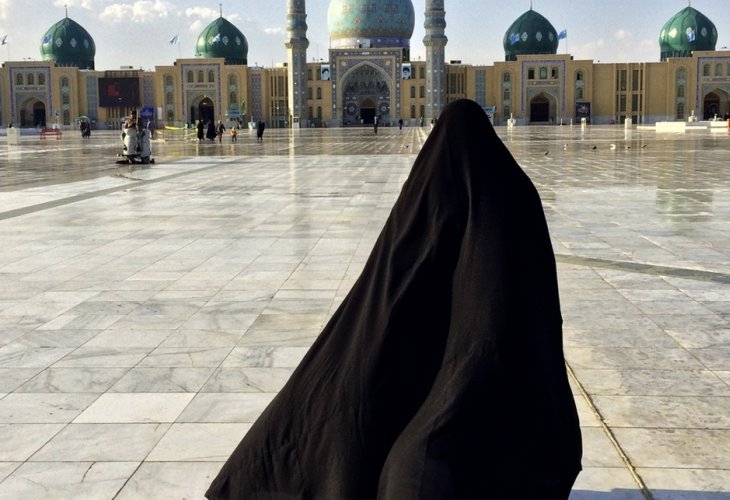Shabbat
Shabbat: A Gift of Rest, Connection, and Meaning
How Koby Aflalo's Shabbat brings him closer to his family, his faith, and himself

Shabbat Is a Gift
“Shabbat, to me, is a gift. A great kindness that Hashem has given us,” he shares. “It’s an opportunity to shift into a different mental space that's more spiritual and more family-oriented. Shabbat allows us to pause the race for material things and devote time and rest to the soul.”
This sense of deep appreciation for Shabbat is what anchors his weekly rhythm. It's not just a break from routine. It's a window into a higher purpose.
A Warm Family Ritual
Koby's Shabbat begins early, on Friday afternoon. “One of the best moments of my week is walking into my parents’ home in Ma'alot and breathing in the smell of my mother’s cooking,” he says. “After that, I sit with my father and a few friends, and we have our own little Kabbalat Shabbat and share words of Torah.”
From there, the experience flows naturally: prayers at the local synagogue, a festive meal with the family, quality time together, and often a peaceful walk through the neighborhood. “In the morning, when I manage to get up early,” he jokes, “I go to synagogue again, then we eat and rest. It’s a pleasure.”
The synagogue he attends, Ohel Yaakov, is both beautiful and welcoming. “It’s close to my parents’ house, and the atmosphere is warm and familial,” he says. “There are talented cantors who lead the prayers. I don’t join in much. I'm not quite at their level yet,” he adds humbly.
Reconnecting with Family and Self
Perhaps the most cherished part of Shabbat is the chance to really be with his family. “My two sisters come too, and it makes my parents so happy when we’re all together. Shabbat is what unites us. It’s when we can truly be present with one another.”
He also uses Shabbat to engage in deeper conversations with his parents, something he doesn’t get to do during the busy week. “Our weekday phone calls are quick and practical. But on Shabbat, we talk. It’s different.”
As for reading material, he’s currently immersed in In the Garden of Peace by Rabbi Shalom Arush and Warriors of Change by Rabbi Erez Moshe Doron, along with occasional chapters of Tehillim and Song of Creation.
Saying Goodbye to the Soul of Shabbat
When Shabbat ends, he feels it deeply.
“The moment it’s over, I feel a kind of emptiness. It’s like my ‘extra soul’ is leaving. There’s a drop in energy and mood.” To cope, he’ll often play music, visit friends, or just drive somewhere to ease the transition. “A wise rabbi once told me that music is the key to lifting the spirit at the end of Shabbat and that’s what King David intended with the Melaveh Malka meal. So that’s what I try to do.”

